
Exciting new series on “Voice, Body and Movement for Lawyers – How to connect with the jury and find Justice Through Dramatic Technique!”
Click here to find out more
In Diaz v. United States, 144 S.Ct. 1727 (2024), a divided court held that expert testimony in a criminal case, as to whether “most people” in the defendant’s position have a particular mental state, does not run afoul of Federal Rule of Evidence 704(b)’s prohibition against expert opinion evidence about whether a criminal defendant had or lacked the mental state required for conviction. Particularly in white-collar cases, where the defendant’s intent is often the central disputed issue, the implications of Diaz may be far-reaching.
This presentation will explore the background and contours of Rule 704(b), examine Diaz and other decisions relevant to the Rule, and consider defense strategies in a post-Diaz landscape.
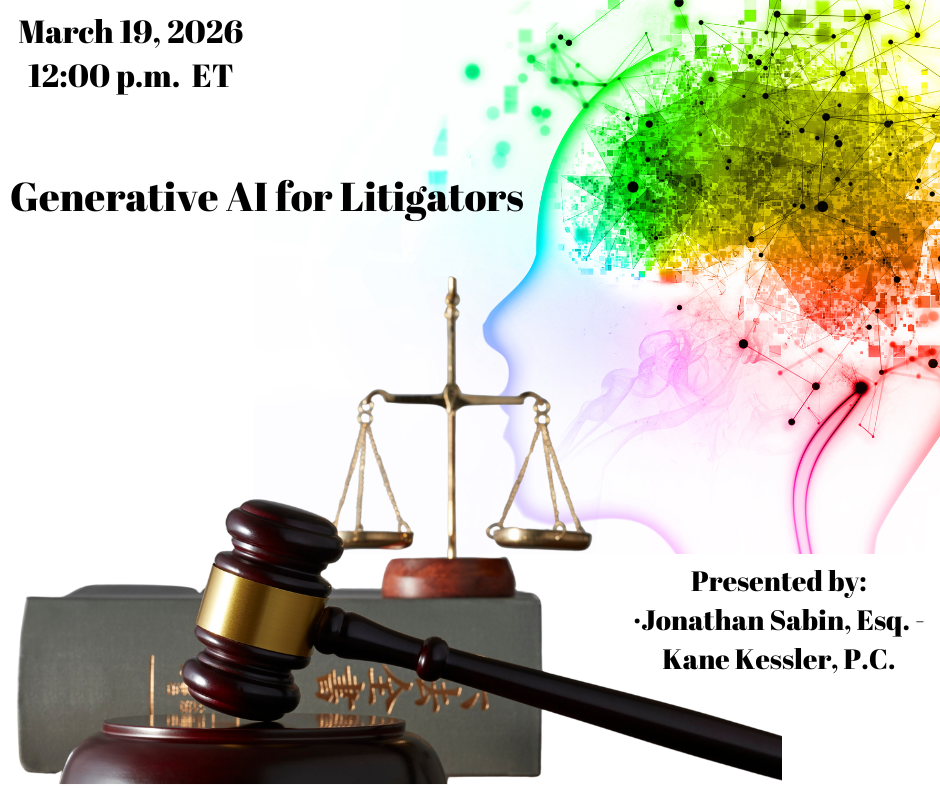
Explore the transformative potential of generative AI in modern litigation. “Generative AI for...
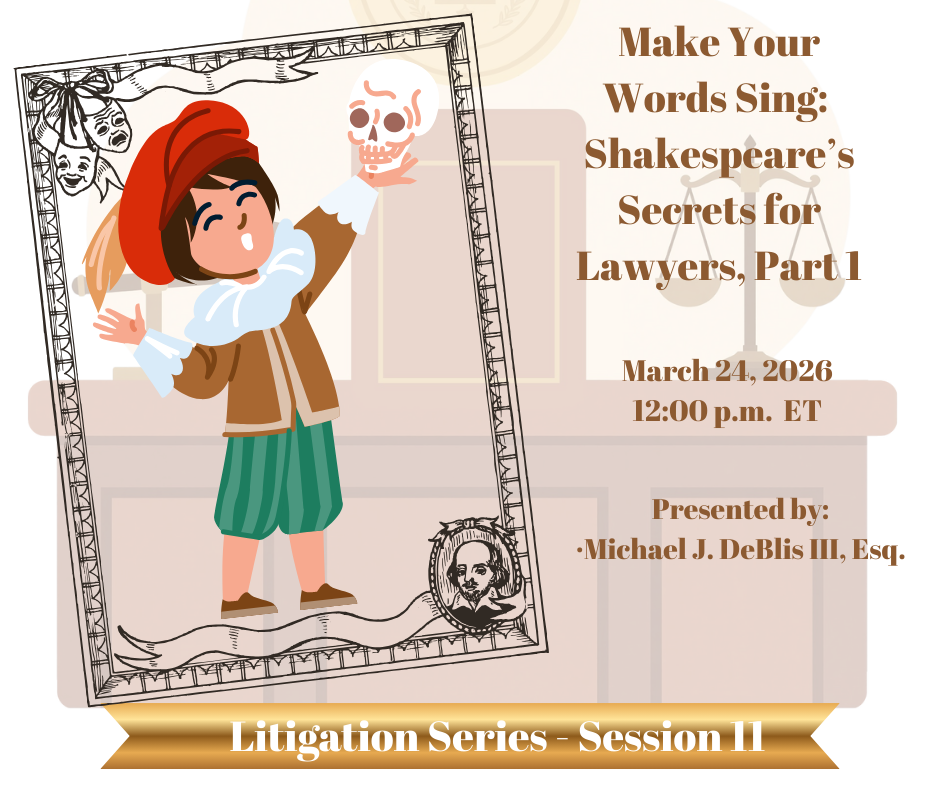
This Shakespeare?inspired program illustrates how Shakespearean technique can enrich courtroom advoc...
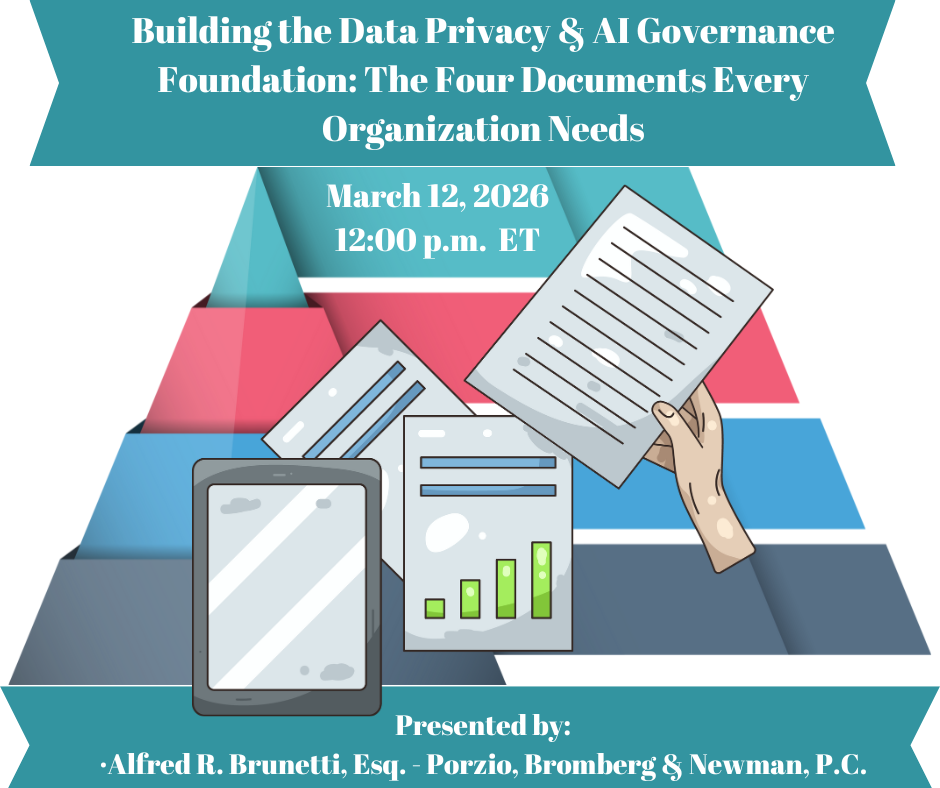
Effective data privacy and artificial intelligence governance programs do not happen by accident. Th...
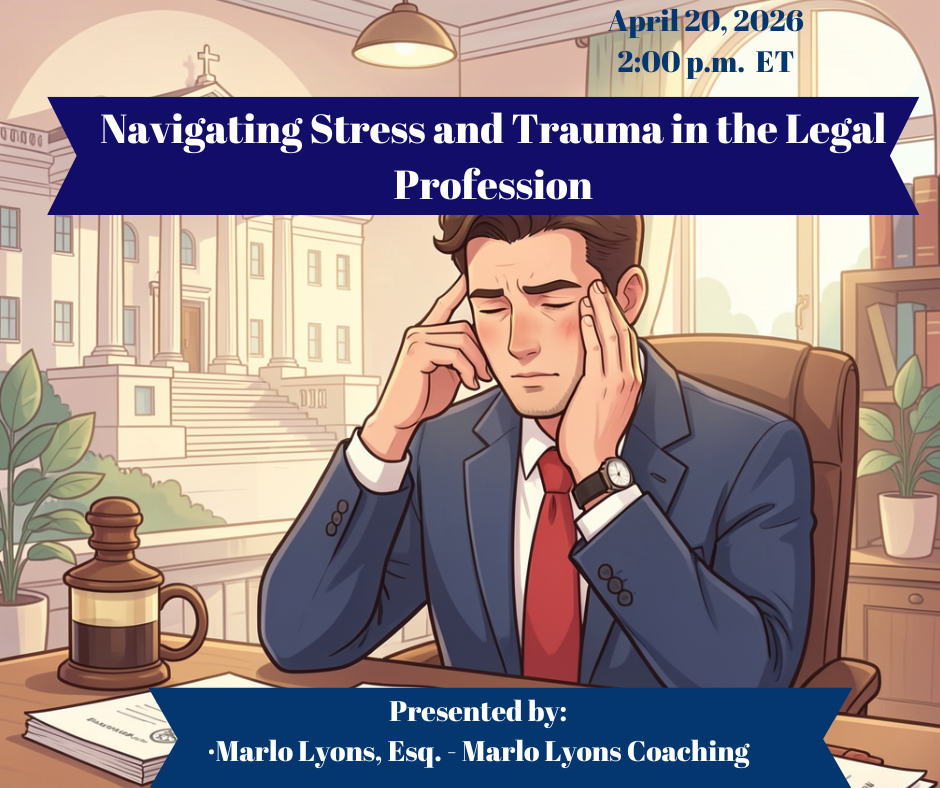
Navigating Stress and Trauma in the Legal Profession, explores the unique challenges faced by legal ...
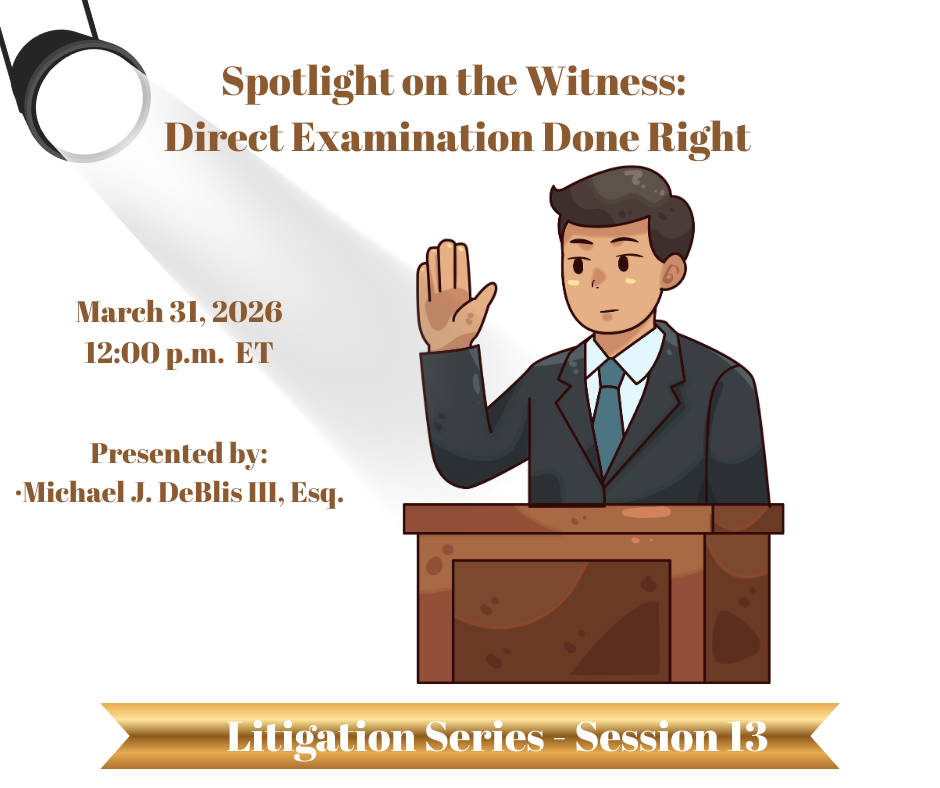
The direct examination presentation outlines how attorneys can elicit truthful, credible testimony w...
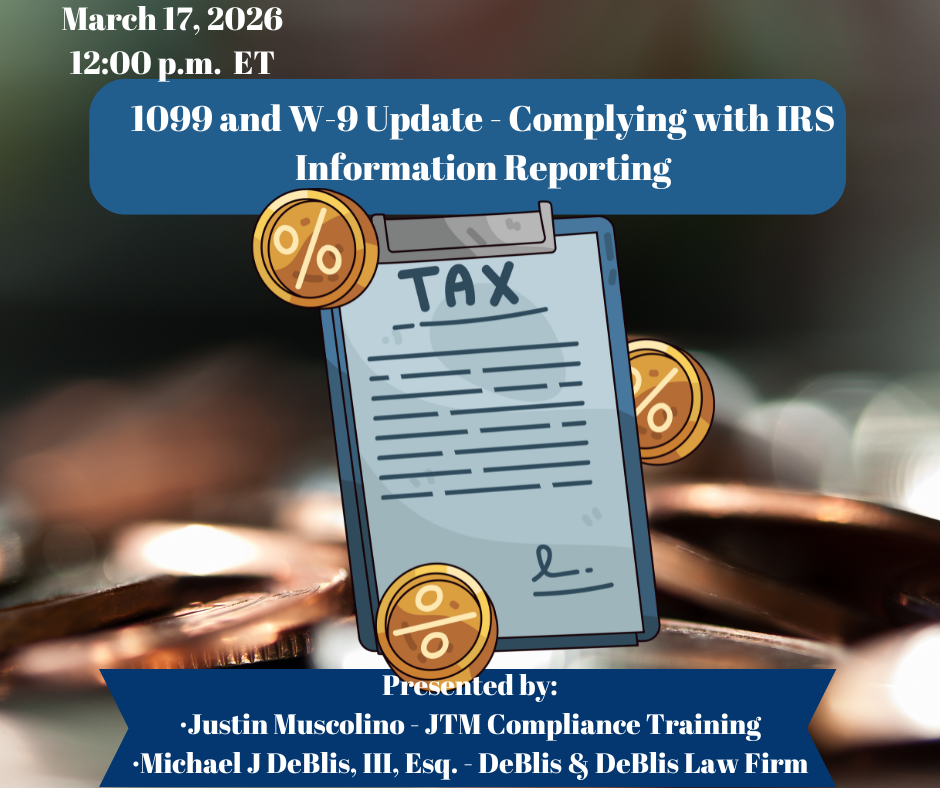
This CLE program covers the most recent changes affecting IRS information reporting, with emphasis o...
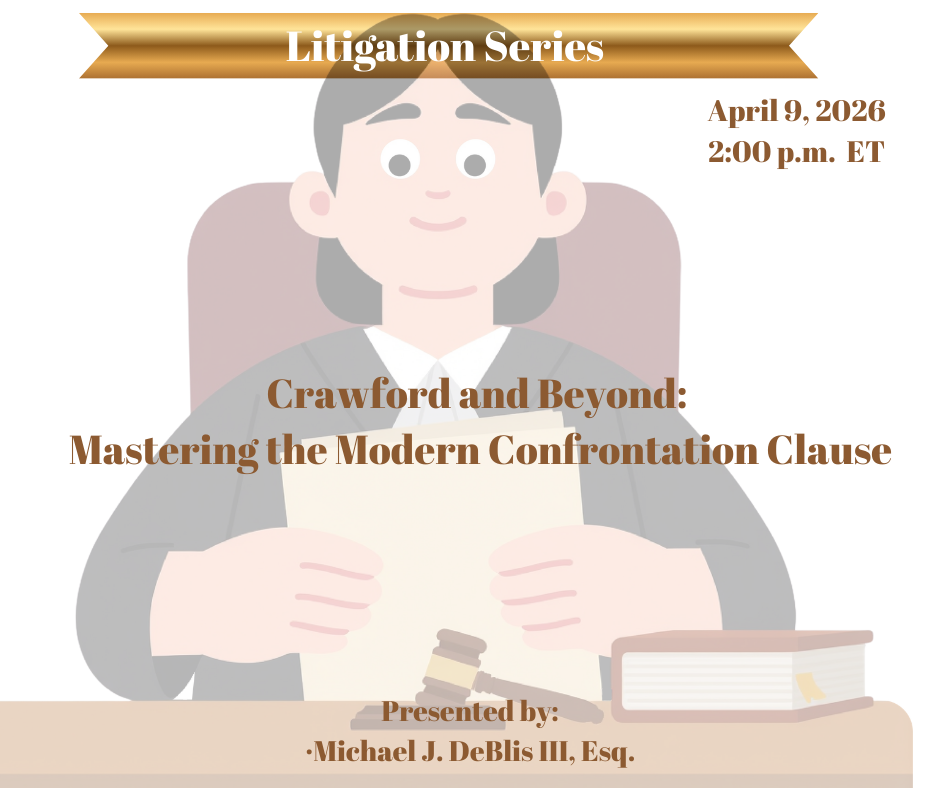
This program provides a comprehensive analysis of the Sixth Amendment Confrontation Clause as reshap...
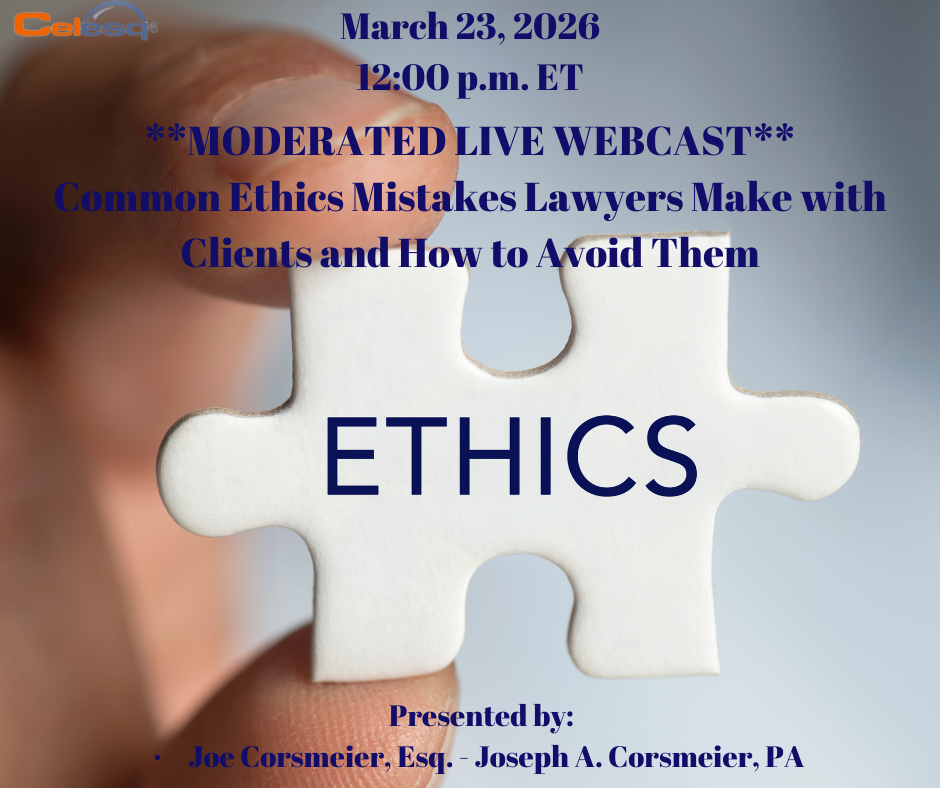
Many lawyers may not fully understand the Bar rules and ethical considerations regarding client repr...
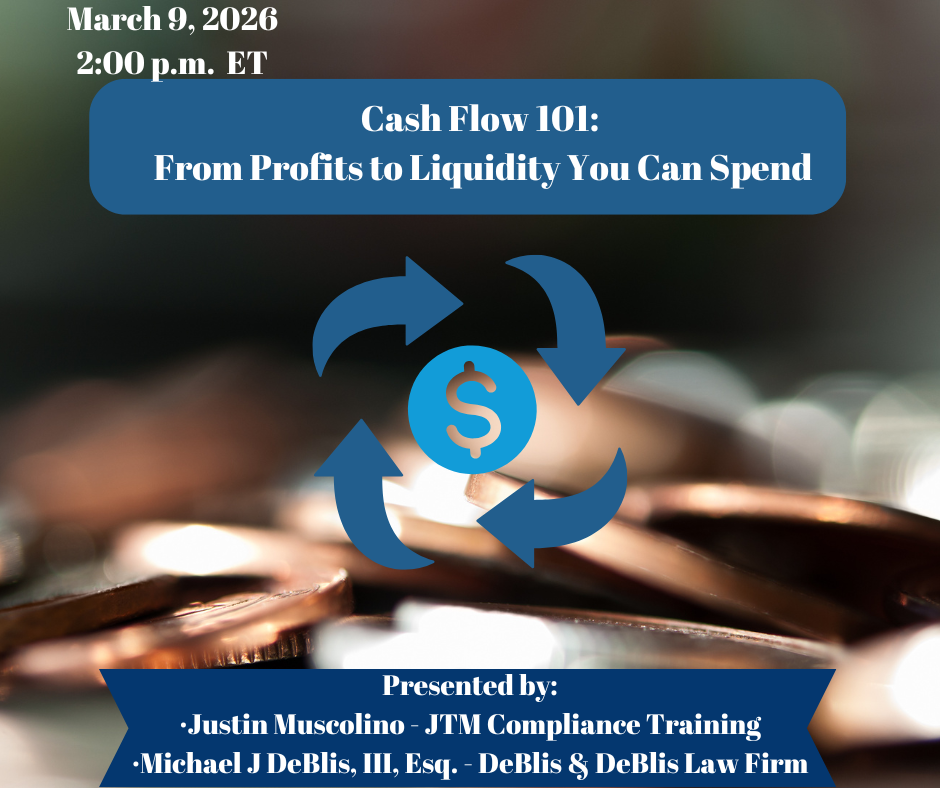
This course clarifies the distinction between profit and cash flow from a legal perspective. Attorne...
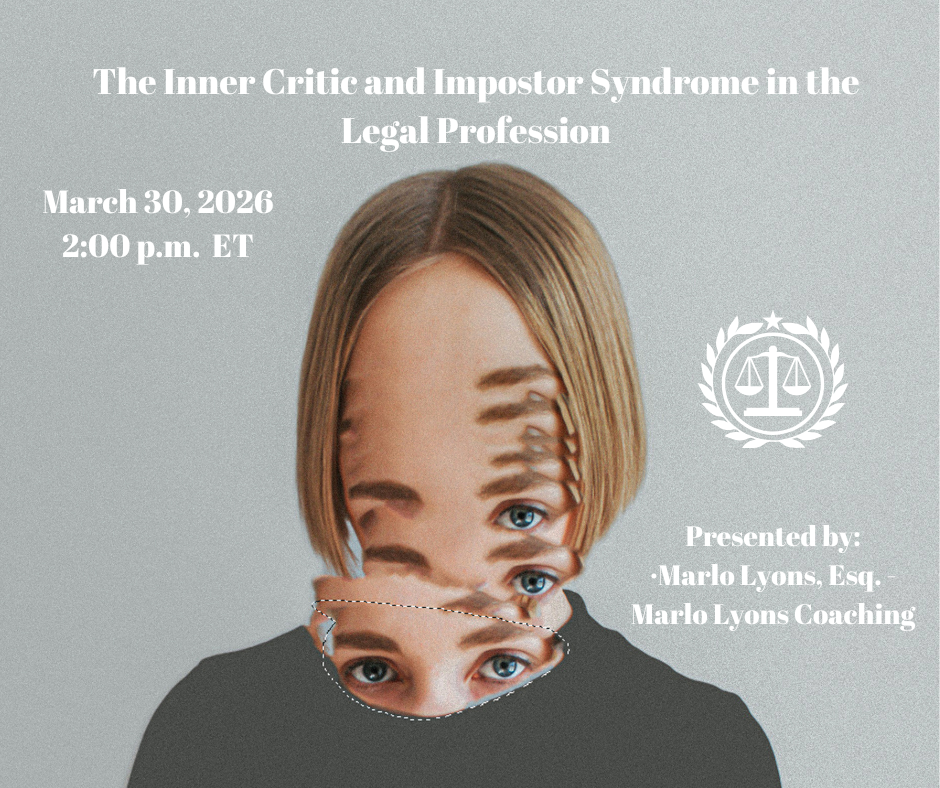
In high-stakes, high-pressure environments like the legal field, even the most accomplished professi...